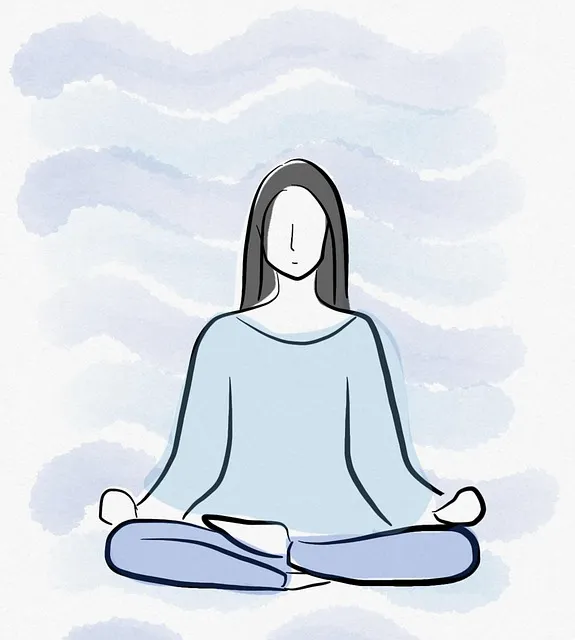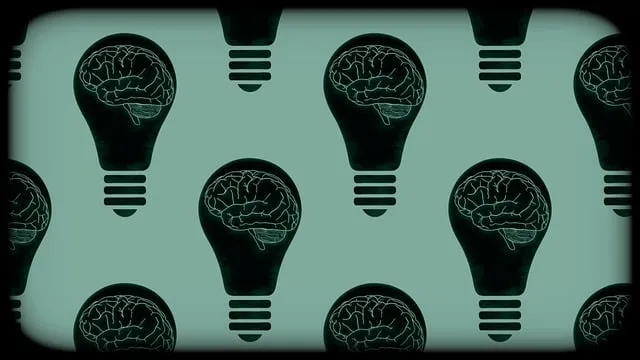The Kaiser Permanente behavioral health center in Littleton offers evidence-based mood regulation strategies, combining CBT, mindfulness, and interpersonal therapy for holistic care. They focus on building inner strength, resilience, and personalized coping skills through self-reflection and tailored routines. These techniques empower individuals to manage emotions effectively, enhance well-being long-term, and adapt as emotional needs change.
Discover effective mood regulation strategies in this comprehensive guide, drawing insights from the expert practices at Kaiser Permanente Behavioral Health Center Littleton. Learn how to navigate and manage your emotional state for optimal well-being. From understanding the science behind mood regulation to implementing personalized techniques, this article offers a holistic approach to enhancing mental resilience. Explore evidence-based strategies that cater to diverse needs, empowering you to embrace life’s challenges with enhanced emotional agility.
- Understanding Mood Regulation: A Comprehensive Guide
- Evidence-Based Strategies from Kaiser Permanente Behavioral Health Center Littleton
- Implementing and Personalizing Mood Regulation Techniques for Optimal Well-being
Understanding Mood Regulation: A Comprehensive Guide

Understanding Mood Regulation: A Comprehensive Guide
At the Kaiser Permanente behavioral health center Littleton, we recognize that mood regulation is a crucial aspect of overall mental wellness. Our expert team offers a range of evidence-based strategies to help individuals navigate and manage their emotional states effectively. We believe that everyone has the capacity to develop inner strength and resilience, which are key components in maintaining emotional balance. Through our Mental Wellness Coaching Programs Development, we guide people in discovering personalized techniques tailored to their unique needs.
Incorporating Social Skills Training into our approach, we promote healthy interactions and relationships as a means of enhancing emotional support. By fostering connections with others, individuals can build a supportive network that contributes to improved mood regulation. Additionally, Inner Strength Development is at the core of our practice, empowering clients to confront challenges head-on and cultivate a sense of purpose. These comprehensive strategies not only help individuals manage their current moods but also equip them with lifelong tools for emotional well-being.
Evidence-Based Strategies from Kaiser Permanente Behavioral Health Center Littleton

The Kaiser Permanente Behavioral Health Center Littleton offers a range of evidence-based strategies for mood regulation and mental wellness. Their approach leverages cutting-edge research in behavioral health to provide effective solutions for those struggling with emotional healing processes. One key method is cognitive-behavioral therapy (CBT), which has shown significant success in treating depression, anxiety, and trauma-related disorders. CBT equips individuals with tools to identify and challenge negative thought patterns, thereby promoting positive mood regulation.
In addition to CBT, the center incorporates other evidence-based practices such as mindfulness meditation and interpersonal therapy. These techniques are designed to enhance emotional awareness, build coping skills, and strengthen relationships—all crucial aspects of trauma support services. By combining these strategies, Kaiser Permanente Behavioral Health Center Littleton offers a holistic approach to mental wellness, ensuring individuals receive comprehensive care tailored to their unique needs.
Implementing and Personalizing Mood Regulation Techniques for Optimal Well-being

Implementing and personalizing mood regulation techniques is a powerful tool for achieving optimal well-being, as offered by the Kaiser Permanente behavioral health center Littleton. Each individual’s emotional landscape is unique, making it essential to tailor coping strategies that align with personal preferences and needs. The first step involves self-reflection: understanding triggers, emotional patterns, and what brings about a sense of calm or distress. From there, one can develop a personalized self-care routine for better mental health. This might include mindfulness practices, such as meditation or deep breathing exercises, tailored to fit daily routines. For some, creative outlets like journaling or art therapy prove effective in emotional regulation, while others may find solace in physical activities or connecting with nature.
The coping skills development process is an ongoing journey of discovery. It encourages individuals to experiment with various techniques and adapt them as their emotional needs evolve. By integrating these strategies into daily life, one can enhance their ability to navigate life’s challenges and maintain a sense of equilibrium. The Kaiser Permanente behavioral health center Littleton emphasizes that personalized mood regulation is not a fixed state but an adaptable practice, ensuring individuals are equipped to support their mental well-being in the long term.
In conclusion, mastering mood regulation is a transformative journey towards holistic well-being. By understanding the intricate dynamics of our emotional states and leveraging evidence-based strategies like those offered by the Kaiser Permanente Behavioral Health Center Littleton, we can effectively navigate life’s challenges. Implementing personalized techniques allows for optimal mental health and resilience, empowering individuals to lead more balanced and fulfilling lives. Embrace these insights as a guide to fostering emotional equilibrium and cultivating a deeper sense of contentment.






